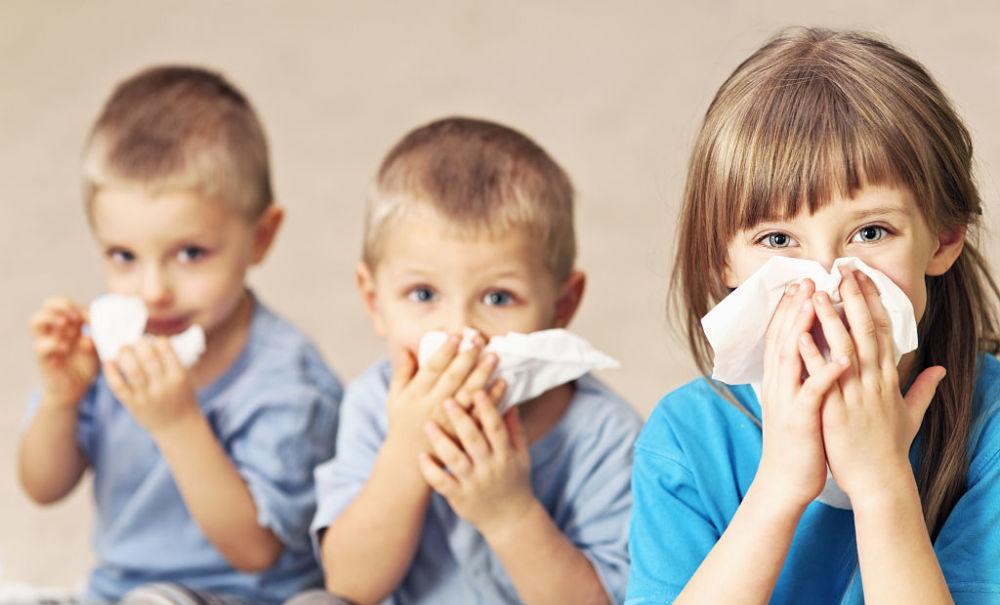In what you call a cold, is it really a cold? In the article we talked about the causes and clinical manifestations of the common cold, today we come to talk about the treatment of the common cold, I feel that the current treatment plan for the cold is various, each has its own plan, many patients are at home after their own treatment, it is not good to come to the hospital, come to hang water treatment.
Most of the people who hang water are asked to hang some anti-inflammatory drugs, and they feel that it is half better to hang water.
Do you really need to hang up water if you have a cold?
Generally not.
Let's take a look at how the 2018 edition of the Primary Diagnosis and Treatment Guidelines for Acute Upper Respiratory Tract Infections treat the common cold:
1. Most symptomatic patients do not need any symptomatic treatment, it is a self-limiting disease, 5-7 days is fine.
2. If the condition is more than 5 days and the symptoms worsen, you should seek medical treatment;
3. The patient's symptoms are worsening and symptomatic treatment should be carried out.

Treatment of general conditions includes etiological treatment and symptomatic therapy.
Treatment of the cause
The cause of the common cold is the virus, the rhinovirus is the most common, followed by parainfluenza virus, respiratory syncytial virus, Echo virus, coxsackie virus and so on.
Rarely, bacterial infections are secondary to viral infections.
Antiviral therapy:
Aggressive antiviral therapy is generally not required;
If there is an immunodeficiency, it is recommended to go to the hospital in time;
Broad-spectrum antiviral drugs ribavirin and oseltamivir have a strong inhibitory effect on respiratory syncytial virus, etc., and can shorten the course of the disease.
Antimicrobial therapy:
The vast majority of the common cold is caused by a virus.
When there is no evidence of secondary bacterial infection, there are no signs of antibiotic therapy.
Antibiotics have more benefits than harms when it comes to treating non-bacterial infections.
Symptomatic treatment
General treatment: fever, severe illness or old and infirm people should rest in bed, drink more water, maintain indoor air circulation, and prevent colds.
People with symptoms such as headache, fever, and muscle aches throughout the body may use antipyretic analgesics such as acetaminophen, aspirin, ibuprofen, etc. as appropriate.
Everyone found that no, many of the drugs used to alleviate the symptoms of the cold cold are strange names, such as: so-and-so Meimin, so-and-so nail hemp, so-and-so phenol hemp, so-and-so aminophenol... Instantly dumbfounded, right?
In fact, they are all compound over-the-counter (OTC) formulations:
For example, phenol mememin is acetaminophen, pseudoephedrine hydrochloride, and chlorpheniramine maleate
and dextromethorphan hydrobromide mixture.
The composition and function of the commonly used anti-cold drug compound preparations in clinical practice are shown in the following table.
Compound cold medicine because of the composition contained more, and some of the chinese cold medicine also contains Western medicine ingredients, so it is easy to lead to repeated medication, overdose, the risk of taking unnecessary ingredients, we must read the instructions clearly after taking, it is best to use under the guidance of a doctor or pharmacist, do not blindly use medicine.
Prevention of the common cold
1. The common cold virus can be transmitted through three mechanisms: hand contact, droplet transmission, and close contact.
2. Hand washing prevents the spread of respiratory viruses.
3. Factors that increase the risk of colds include psychological stress and lack of sleep.
4. The factor that reduces the risk is moderate physical exercise.
5. There is no definitive evidence that any vitamin herbs affect the incidence of the common cold.
To summarize:
Most common colds do not require hanging water treatment.
1. The common cold generally does not require active antiviral treatment, mainly symptomatic treatment, rest, smoking cessation, drinking more water, maintaining indoor air circulation and preventing secondary bacterial infections.
2. Antibacterial drugs are generally not used, such as bacterial infections, antibacterial drugs can be used empirically according to the common pathogens of the upper sense.
3. Prevention is greater than cure.